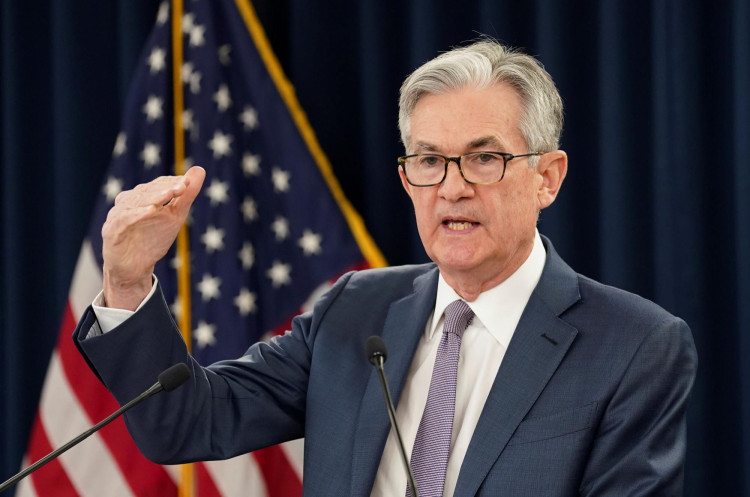Federal Reserve Chair Jerome Powell reiterated his expectation that interest rates will start coming down this year but emphasized the central bank's caution in easing monetary policy too quickly, as progress on lowering inflation is "not assured." During his testimony before the House Financial Services Committee on Wednesday, Powell struck a balanced tone, acknowledging the economy's resilience while underscoring the need for further data to confirm a sustainable path toward the Fed's 2% inflation target.
"We expect inflation to come down, the economy to keep growing," Powell said. "If that's the case, it will be appropriate for interest rates to come down significantly over the coming years." However, he stressed that continued progress on lowering inflation "is not assured," a fact that is keeping Fed officials from committing to any timetable or pace of rate reductions.
Powell's testimony comes at a time when inflation is, by some measures, within striking distance of the Fed's target, but the economy remains unexpectedly strong. Despite the Fed's "restrictive" policy rate, overall financial conditions have been easing, and asset prices have been rising on expectations of coming rate cuts, a dynamic that could make inflation harder to tame and bolster arguments for further delay.
In his prepared remarks, Powell noted that rate reductions will "likely be appropriate" later this year, "if the economy evolves broadly as expected." However, during the question-and-answer session, he emphasized the need for more data to gain greater confidence that inflation is moving sustainably toward the 2% target before reducing the policy rate.
The Fed Chair's appearance before Congress took place against the backdrop of a charged political landscape, with the presidential election looming in November. While members of the House Financial Services Committee largely steered clear of pressing Powell on the timing of rate cuts, the context of the Fed's decisions influencing the economic landscape during the upcoming election was evident.
Recent economic data has done little to clarify the direction of the economy and inflation, with some analysts projecting price pressures to steadily ease, others anticipating inflation will persist, and investors expecting rate cuts to start in June. Powell acknowledged the risks of waiting too long to ease monetary policy and damaging the economy, as well as the dangers of easing credit conditions too soon and seeing inflation reaccelerate.
"In considering any adjustments to the target range for the policy rate, we will carefully assess the incoming data, the evolving outlook, and the balance of risks," Powell said, reiterating the Federal Open Market Committee's statement from its most recent meeting.
Despite the resistance to move forward on cuts, Powell noted the progress the Fed has made toward its goal of 2% inflation without tipping over the labor market and broader economy. He pointed out that inflation has "eased substantially" as "the risks to achieving our employment and inflation goals have been moving into better balance."
As Powell continues his testimony before the Senate Banking Committee on Thursday, the central bank's cautious approach to monetary policy will remain under scrutiny. With the economy's strength and the path of inflation still uncertain, the Fed's decisions in the coming months will have significant implications not only for the broader economy but also for the political landscape as the nation heads into a crucial election year.






